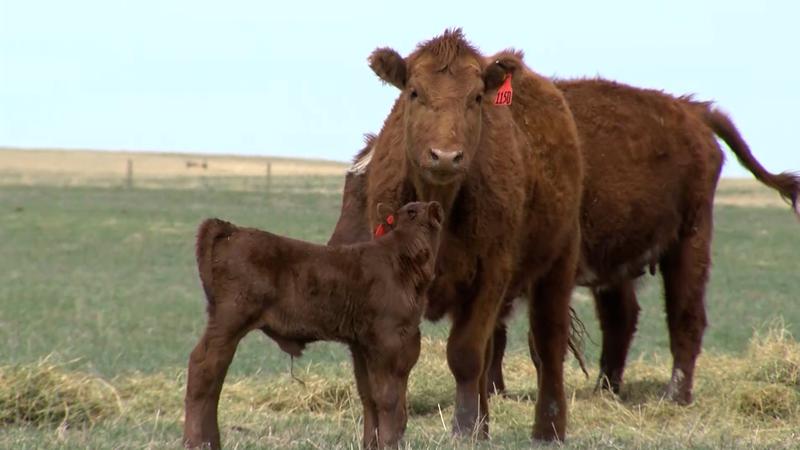
Beef processing still pushed back but recovering amid COVID-19
MEDICINE HAT, AB – With closures and near closures of meatpacking plants this spring due to COVID-19, the industry saw everything fall behind.
Now the processing industry and supply chain are starting to recover.
Vice-Chair of the Alberta Cattle Feeders Association Jacob Bueckert says he expects by December they’ll be caught up if everything continues at this state.
